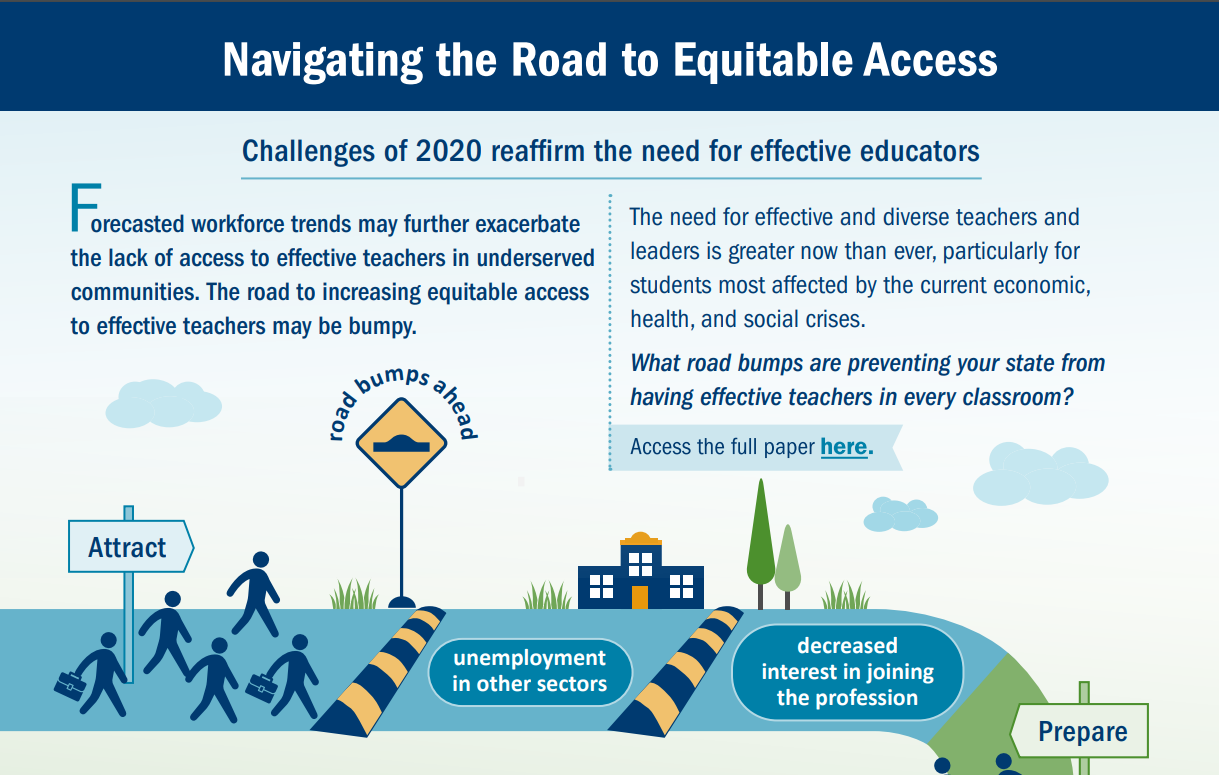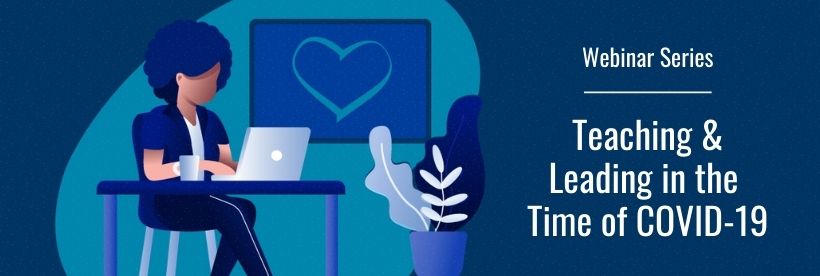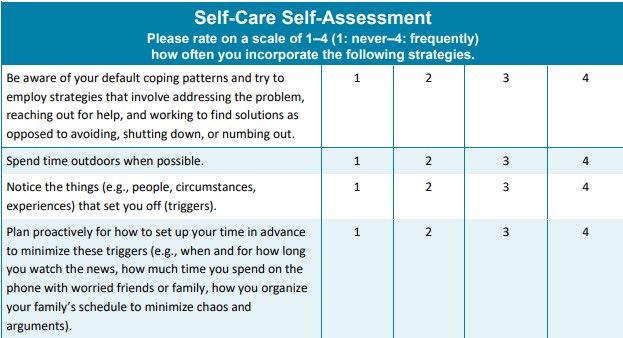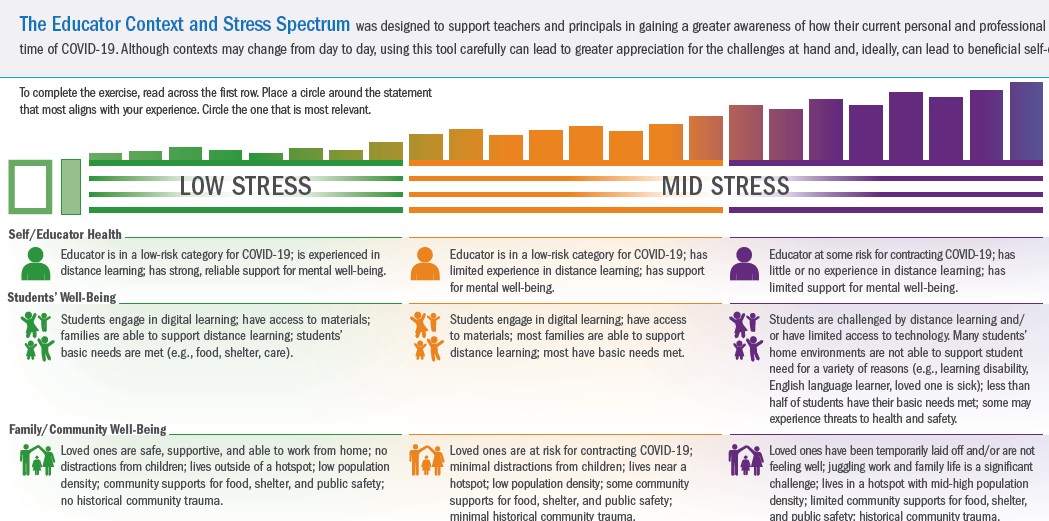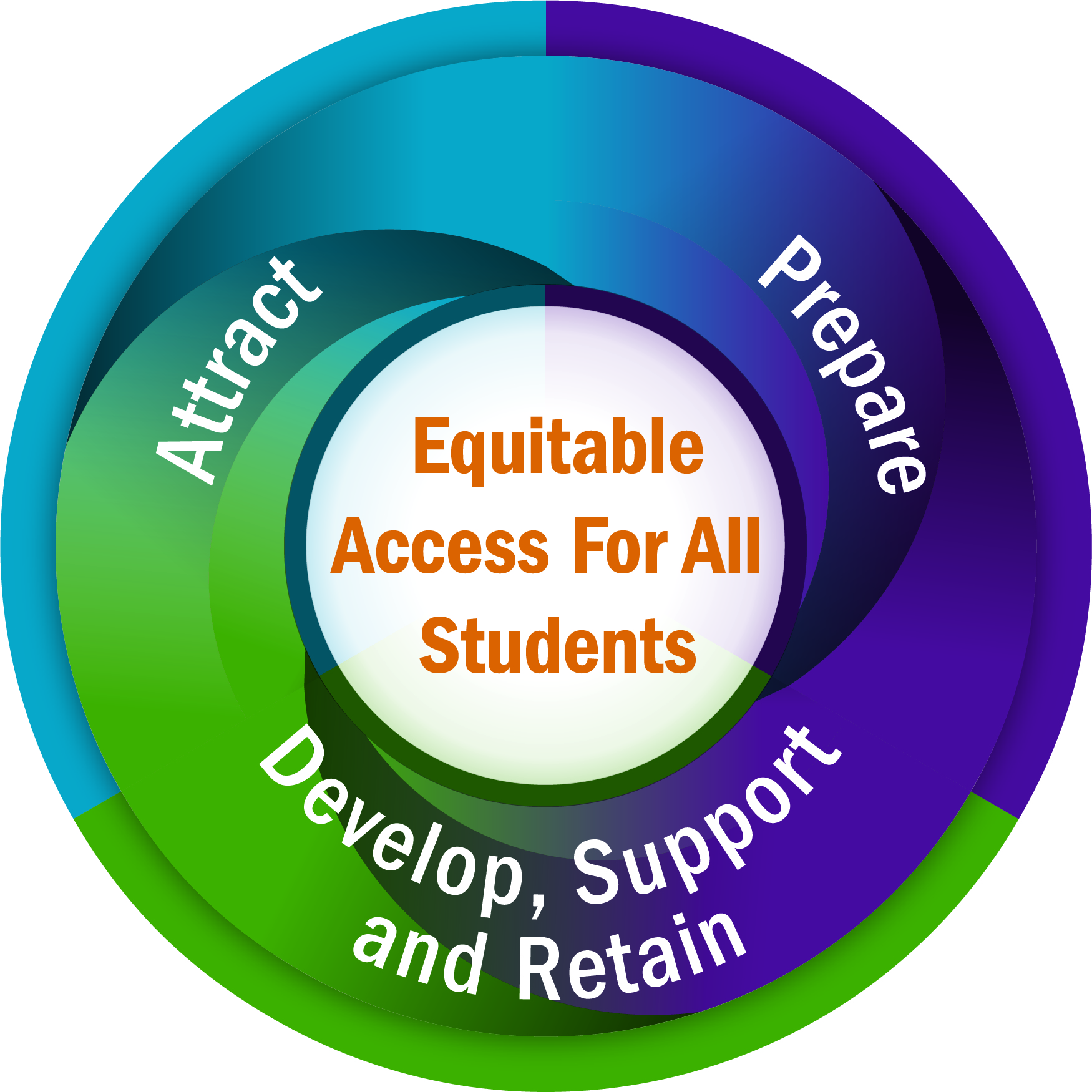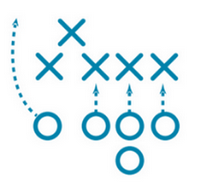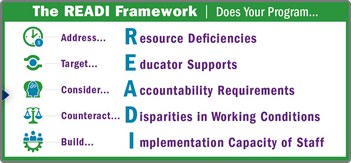Frameworks & Strategies
Address Teacher Workforce Challenges
The COVID-19 pandemic has disproportionately impacted Black, Indigenous, and Latino students, and students from low-income households: early research confirms that trends in existing unequal access to high-quality instruction for students in these communities have increased in the shift to distance learning.
Our team at the GTL Center has been watching historical and current trends and has substantial concern for the impacts COVID-19 will have on the profession and vulnerable student populations.
We recognize that forecasted and potential workforce trends may further exacerbate the lack of access to effective teachers in underserved communities. The pandemic and social unrest of 2020 will not reduce the number of students who need great teachers. In fact, the need for great teachers and leaders is now greater than ever, particularly for the students most affected by the crises at hand.
Based on the magnitude of the current challenge and what we know from existing research, we are encouraging states to approach COVID-19 talent challenges by using a comprehensive, data-driven approach rooted in four guiding recommendations:
Recommendation #1: Observe and Address the Entire Talent Development Pipeline
The incredible pressure of COVID-19 related uncertainties may tempt states to address immediate or obvious talent management issues through piecemeal policies, and without considering potential unintended consequences or long-term impacts of such policies. Instead of this piecemeal approach, we start from a comprehensive view point-one that considers the entire talent development continuum.
Our Talent Development Framework (TDF) enables states to engage in proactive, purposeful policy development that is grounded in a state's unique needs and contexts. The TDF uses a data-driven approach to visualize and identify where a state is losing talent in the pipeline, why they are losing talent, and how to take concrete action to shore-up pipelines in a COVID-19 context. The systemic, data-driven approach in the TDF looks at policy and practice as a coherent, aligned system with clear, consistent expectations for educators across the career continuum.
Recommendation #2: Disaggregate, Disaggregate, Disaggregate
States must ensure proper disaggregation of teacher workforce data. For example, a teacher shortage is not typically a national problem but rather is a school-level or subject-area problem. It is essential for SEAs to disaggregate teacher workforce data to determine which students, teachers, regions, and subjects are disproportionately impacted by both persistent teacher shortages, and emerging shifts in the teacher workforce because of COVID-19. Over time, SEAs can use the data to assess the impacts of COVID-19 and budget cuts and/or federal funding on the teacher workforce and schooling generally.
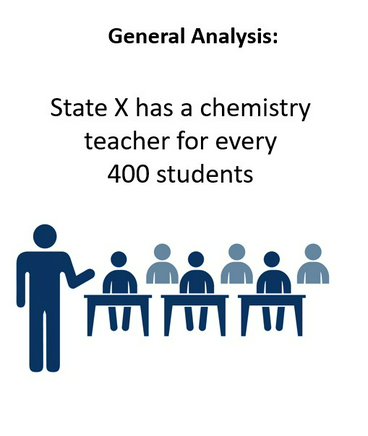
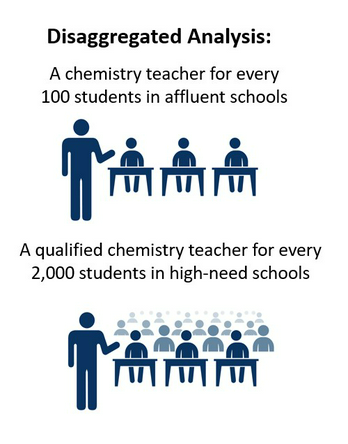
The Talent Development Data Tool
Our Talent Development Data Tool can help states disaggregate their existing teacher workforce data to visualize different slices and segments of the teacher workforce across the entire educator career continuum. This easy-to-use, Excel-based tool assists states, districts, and key stakeholders in making strategic decisions for how best to target funding, incentives, and other programmatic supports for the greatest impact. Our team of content experts works with your state to use this data to support districts in making strategic staffing decisions and improving programs for greater impact. View a video demonstration of the tool or contact us to learn more.
Recommendation #3: Make Strategic, Evidence-Based Investments
While COVID-19 presents a shared challenge for states and districts, specific teacher workforce challenges will vary based on local impacts and needs. Starting from a comprehensive, data-driven approach helps states use root cause analysis and stakeholder engagement to identify specific, evidence-based talent strategies that meet local needs and contexts. Making strategic choices about which strategies to invest in and where to focus resources ensures states and districts target limited funds to where they are most needed and can have the largest impact.
The GTL Center offers comprehensive tools and services to support states across multiple evidence-based, talent development strategies, including:
Recommendation #4: Ensure Your Strategies are READI for the Schools Who Need Them Most
Underserved schools often have fewer resources and less capacity to rigorously implement improvement strategies. As a result, the districts and schools that most need support programs are often least likely to adopt and implement them successfully—a phenomenon that we call the “needs paradox.”
This paradox is amplified when states or districts overlook underserved schools for district or state-wide improvement initiatives because of their perceived lack of “readiness.”
To address the needs paradox, we created the READI Framework. Instead of viewing readiness as a mechanism to sort schools out of programs, the framework helps states and districts flip their focus and define readiness by assessing how well the improvement program is designed to target the specific needs of underserved schools.
The READI Framework guides states and districts through five key barriers to consider as they design programs and related supports for success in the highest need schools. Our content experts work closely with state teams to use these design considerations to tailor programs to surface and accommodate the unique characteristics of underserved schools and have the potential to positively impact achievement gaps.
Related Resources
How can we help?
Let's talk! Schedule a free, 1-hour virtual consultation with our team to share your needs and explore if our services and supports are a good fit. Or just reach out with your questions.





